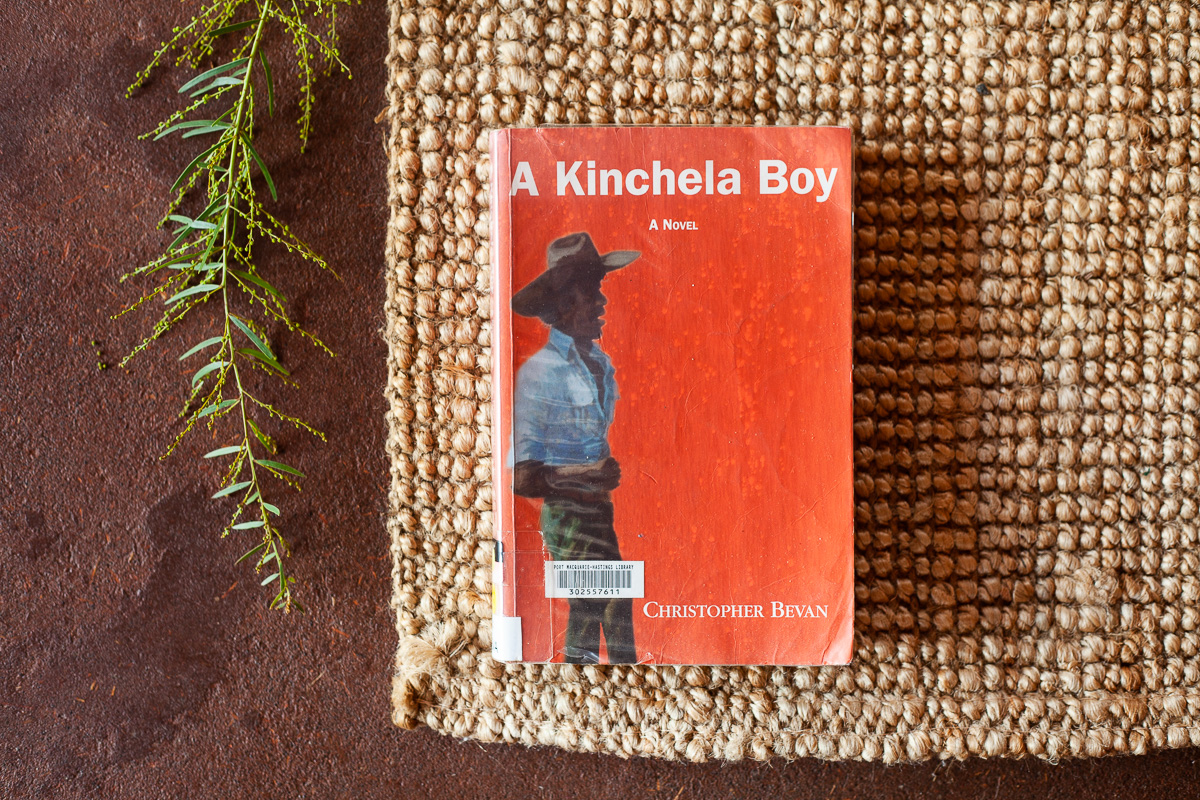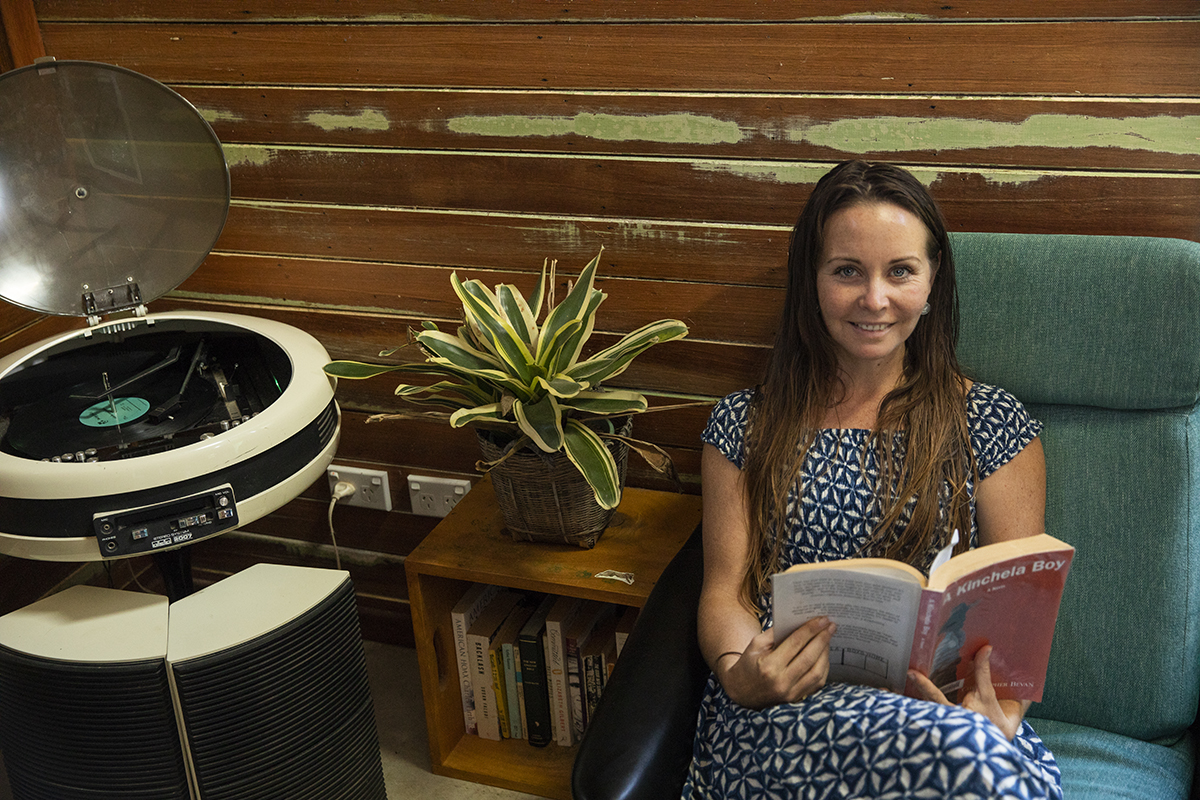I didn’t know much about Kinchela Aboriginal Boys’ Training Home until recently. During National Reconciliation Week this year I read an article in the Macleay Argus describing some of the unthinkable things that happened to the children at Kinchela – a now seemingly deserted property down the road from my home, a place I always wandered about as I drove from Crescent Head to Gladstone or South West Rocks.
“The Kinchela Aboriginal Boys’ Training Home is rare historical evidence of the policies of the early 20th century which saw Aboriginal children removed from their families to assimilate them into white society.
The article goes on to quote a Kinchela Survivor, Colin who recalls some events from his 10 years at the home.
“On our first day we were given numbers, I was number 50, my brother Matty was 49, and my other brother Dinky was 47. I remember having a hiding spot where I would stash my food. One day I bit into a sandwich, and it had maggots all through it, I was starving, and had no choice but to keep eating it. Another day I went back to the hiding spot, was caught, and then sexually abused.”
Colin says he spent nearly 10 years in the home, from age nine to 19, and after he left, he had a deep seeded hatred that took him years to come to terms with.”I came out of here suicidal; I didn’t think it was a good world anymore, I hated everyone and everything,” he said.
Shocked and horrified by what I was reading, I felt compelled to find out more about Kinchela so I went to the library and rented all the books I could find on the topic. A Kinchela Boy by Christopher Bevan was the first I read. Christopher Bevan is a Sydney writer who practiced as a young solicitor in Kempsey from 1980-1989. Through his work he represented many of the survivors of the Stolen Generations. A Kinchela Boy is Bevan’s first work of fiction for which he draw on both his professional and personal experiences in the Mid North Coast area.
I was drawn in from the first page. The characters are captivating and endearing. The story was heartwarming, horrifying and devastating and I couldn’t put it down. It spoke of the streets and towns and school I know. It captured the culture of this region so accurately. And it illustrated what it would have been like for the boys who suffered life at Kinchela – not just during their time there but in the decades after when their wounds went unhealed and their stories unheard. Some never saw their families again, some were suicidal and couldn’t bare the pain of living with the memories.
I highly recommend this book to anyone living in the Macleay Valley and any Australian who would like to learn more about the recent history of our country and the impact of what took place surrounding the Stolen Generations. Strap yourself in. It’s a rollercoaster of emotions.




